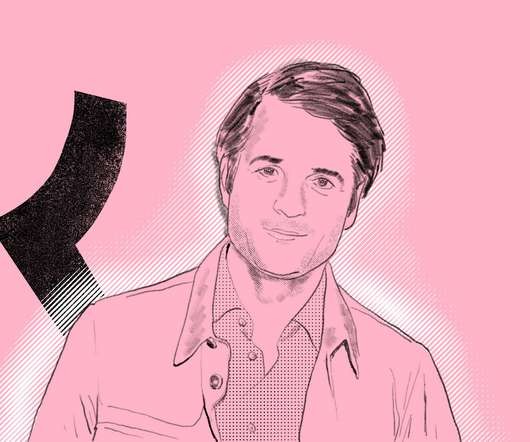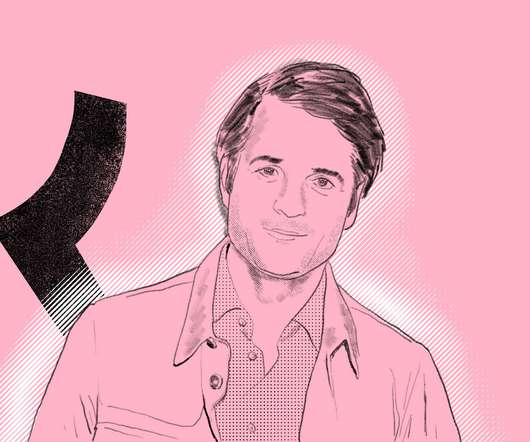Why “The Culture of Failure” is Imperative to Startup Communities
Both Sides of the Table
NOVEMBER 4, 2012
I lived in London from 1997-2005 and for 6 of those years ran my startup based out of London. If your startup went belly-up (the Brits have a much more crude slang term for it) there wasn’t likely somebody lined up to fund your next attempt at a startup. I remember this lesson well.














Let's personalize your content